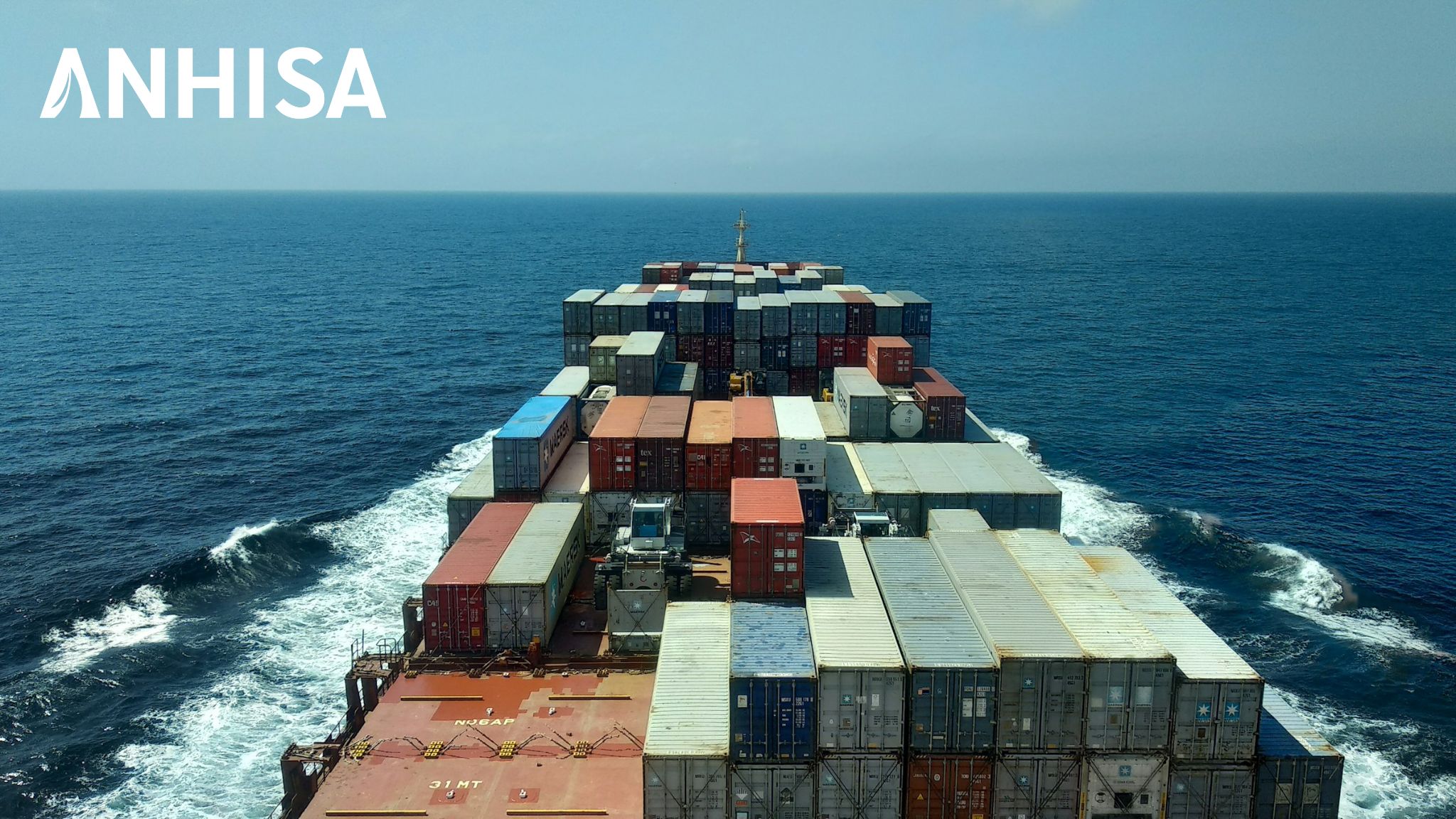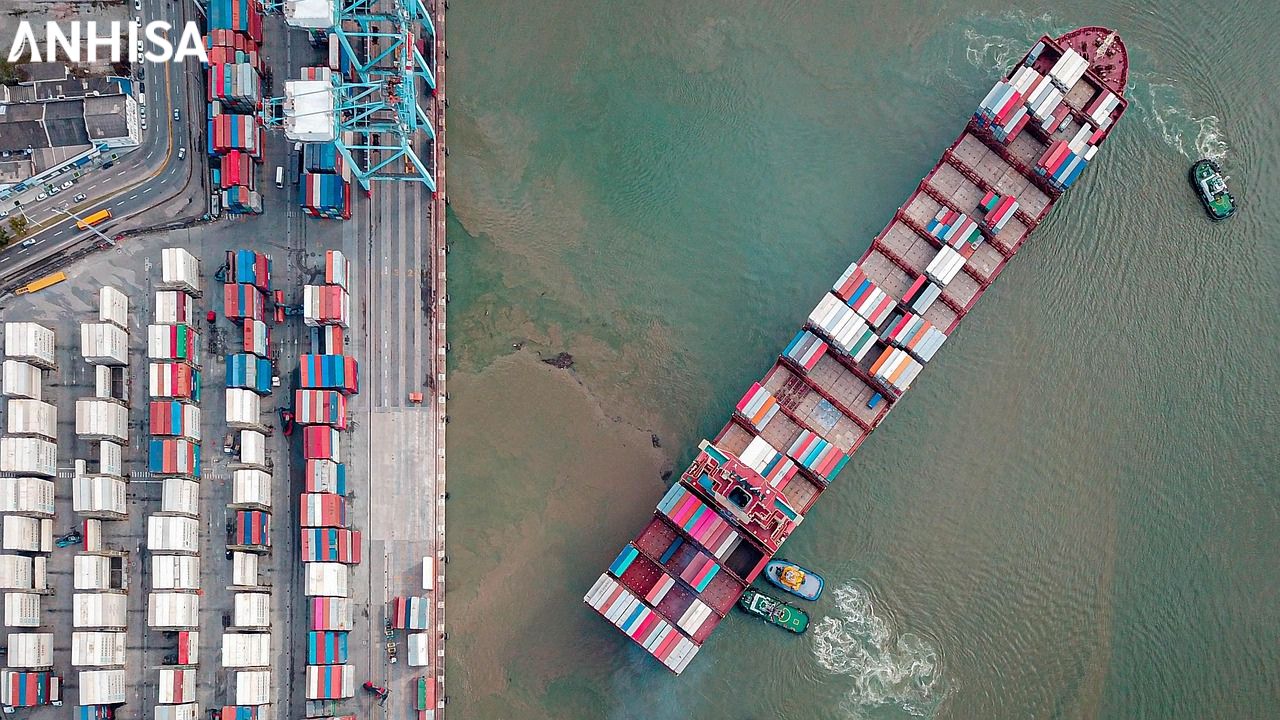HANDLING OF BACKLOGGED CARGO: CHALLENGES AND LEGAL CONSIDERATIONS
July 30, 2025
Foreword
Backlogged cargo at seaports and airports has increasingly become a significant issue in international trade, affecting not only the carriers but also customs authorities, port service businesses, and even the stakeholders involved in the transaction, including the shipper and consignee.
The Growing Problem of Backlogged Cargo
One of the key challenges facing the logistics and shipping industries is the growing volume of backlogged cargo. According to recent data from the Ho Chi Minh City Customs Department, the amount of goods in stock at seaports and airport warehouses has been increasing sharply. In the first month of this year alone, the number of containers at Saigon Port Area 2 Customs Branch rose nearly 1% from 50 containers to 825 containers compared to the last month of the previous year. This surge has resulted in over 134 tons of goods being held up in port facilities, with these goods spanning across 32.6 different product lines. This increase in backlogged cargo is more than double the amount seen in December of the previous year.
The consequences of such backlogs are manifold. They place significant pressure on customs authorities who are tasked with ensuring compliance with import and export regulations. Additionally, service businesses at the port face the strain of managing the increased volume of goods, leading to inefficiencies and delays in operations. For carriers, the situation can become more complicated, as containers and goods remain stuck at the port for prolonged periods, creating financial burdens and operational disruptions.

Legal Definition and Implications of Backlogged Cargo
From a legal standpoint, cargo is considered “backlogged” in Vietnam under specific conditions. According to Vietnamese law, backlogged cargo may fall under one of the following scenarios:
- Failure to be received within 90 days: The cargo was not picked up by the consignee within 90 days from the date of arrival.
- Abandonment by the owner: The cargo’s owner, either the bill of lading (B/L) holder or the seller, has clearly abandoned it, either through a formal written declaration or other forms of abandonment.
- No B/L and no one to claim the cargo: The cargo did not come with a B/L, and no one has shown up to claim it.
The Impact on Carriers: Financial and Operational Losses
In these circumstances, the carrier faces a difficult dilemma. When no one arrives to claim the goods, the containers in which they are packed become effectively “held hostage” at the port. These containers belong to the carrier, who intends to use them for future shipments. However, when cargo is abandoned or no one shows interest in collecting it, the containers remain stuck at the port, incurring additional costs.
In the worst-case scenario, the shipper and consignee may have no interest in claiming the goods, especially if the consignee has gone bankrupt or liquidated. This leaves the carrier as the only party responsible for picking up the bill if they wish to retrieve their empty containers.

This situation creates a paradox for the carrier. Not only do they face the financial burden of holding the goods, but they also risk getting entangled in legal disputes that may arise due to the abandonment of cargo. Additionally, the carrier may find themselves caught in a foreign jurisdiction’s legal system, which adds an additional layer of complexity to resolving the issue.
Legal Assistance and Resolution
To shed light on the practical implications of such backlogged cargo issues, it is helpful to examine a recent case handled by our legal team at ANHISA. In this case, the carriers found themselves in a situation where their containers were stuck at the ports in Ho Chi Minh City and Hai Phong City, along with backlogged cargo, because the consignees had been liquidated.
Through our active legal involvement, we were able to assist the carrier in navigating the complex situation. We closely cooperated with the Customs authorities and port management to help the carrier dispose of the backlogged cargo and retrieve their empty containers under favorable conditions. This case exemplifies how effective legal counsel and close collaboration with customs and port authorities can help carriers mitigate losses and resolve issues related to backlogged cargo.
AUTHORS
DANG VIET ANH
Managing Partner
Mobile: (+84) 983 467070
Email: [email protected]
NGUYEN THI TUYET MAI
Senior Associate
Mobile: (+84) 939 117398
Email: [email protected]
This article aims to furnish our clients and contacts with general information on the relevant topic for reference purposes only, without creating any duty of care on the part of ANHISA. The information presented herein is not intended to serve, nor should it be considered, as a substitute for legal or other professional advice.
ANHISA LLC AND OUR EXPERTISE
ANHISA LLC is a boutique law firm specializing in Dispute Resolution, Shipping and Aviation. Being the leading lawyers in various fields of law, our qualified, experienced, and supportive team of lawyers know how to best proceed with a case against or in relation to Vietnamese parties and are well equipped to provide clients with cost-effective and innovative solutions to their problems.
Regarding dispute resolution, we have represented Vietnamese and foreign clients in the resolution of disputes involving maritime, construction, commercial and civil matters. Our lawyers are well-equipped to offer services on a wide range of disputes and conflicts, whether cross-border or purely domestic, to appear before any Judges or Arbitral Tribunals. The firm is prepared to assist clients in designing the appropriate dispute resolution procedure to help resolve conflicts as efficiently and cost effectively as possible, which may involve combining elements of mediation and other methods such as arbitration.
- TEL:
- Hanoi Office: +84 24 320 47609
- Saigon Office: +84 28 5416 5873
- HOTLINE:
- +84 (0) 939 117 398
- +84 (0) 983 488 380





